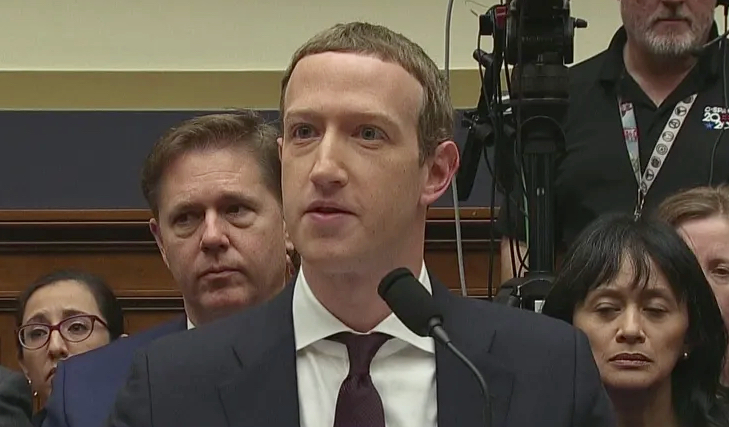Christian Schneider writes for National Review Online about a Democratic governor employing a sly trick to grow government.
Name any political phenomenon that benefits the Right, and Democrats will denounce it as “antidemocratic.”
Famously, liberals have derided new laws tightening voting requirements in the post-Covid world as a threat to democracy (even though in Georgia, for example, voting surged after the enactment of such laws). Gerrymandering, a practice older than American democracy itself, is often flagellated as a “thorn in the side of democracy.” Some even argued that the Supreme Court case that ended the judiciary’s nearly half-century-long stranglehold on abortion law and restored the issue to the democratic process would “degrade democracy.”
But when an actual act of erosion of the democratic process occurs and, say, locks in higher government-spending levels for the next four centuries, Democrats stick their arms out and feign blindness, as if the prescription for their glasses has just expired.
To be specific, while issuing his vetoes of the 2023–25 state budget, Wisconsin’s Democratic governor, Tony Evers, effectively played a word game and created a new law that had neither been contemplated nor voted upon by the Republican-controlled legislature.
A sentence in the budget bill passed by the legislature meant to temporarily increase per-pupil aid read, “For the limit for the 2023-24 school year and the 2024-25 school year, add $325.”
But with the creative use of his editing pen, Evers struck the occasional word, hyphen, and number to transform the sentence into:
“For the limit for 2023-2425, add $325 . . .”
And thus, as if completing a morning Wordle puzzle, Evers locked in an enhanced level of school spending for the next 400 years. According to the Wisconsin Institute of Law and Liberty, Evers’s word game will require $57 billion in additional property taxes over the next two decades to fund the promise he made.


